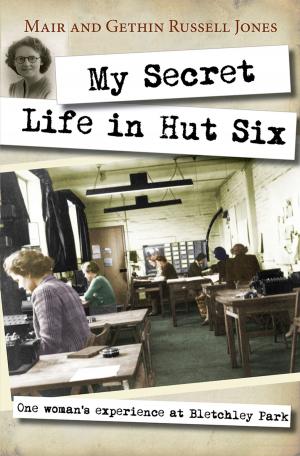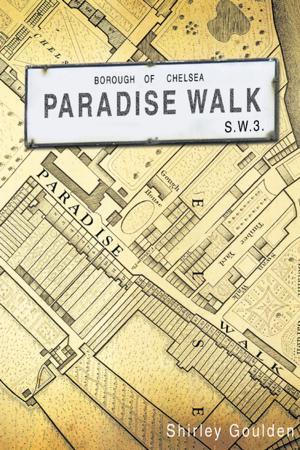Grants Chapel Alley
Nonfiction, Social & Cultural Studies, Social Science, Discrimination & Race Relations, Fiction & Literature, Historical| Author: | Ray Kania | ISBN: | 9781310626289 |
| Publisher: | Ray Kania | Publication: | August 3, 2014 |
| Imprint: | Smashwords Edition | Language: | English |
| Author: | Ray Kania |
| ISBN: | 9781310626289 |
| Publisher: | Ray Kania |
| Publication: | August 3, 2014 |
| Imprint: | Smashwords Edition |
| Language: | English |
Grants Chapel Alley is based on true events. Good days were when life was merely unpleasant. The tiny houses that were behind Grants Chapel Alley were modeled after slave cabins. This was life in Macon, Georgia in 1950.
These cabins were built with tin roofs and no inner walls or ceilings, even in the winter. The rent for each "home" was $6.00 a month and owned by a realty company. Included were a couple of light bulbs, a gas stove on the rear porch and a cold faucet. And there was an outhouse for each home. A regular commode was put in later by the realtors and placed in the middle of each bedroom with a white curtain around for privacy.
There were no chances for advancing in the local commerce, since all good jobs were off limits to Black men and women in general. Education in the public schools and college were off limits to those of "color".
In general, Black people in Macon, Georgia had no opportunities to work at a decent job. Blacks were allowed a few menial jobs, with women receiving work as maids, cooks, childcare, while Black men had to look hard to find any job.
Being a Black man in Macon means you kill time until you die. But one year at the city morgue there was a death count of one White man, one White woman and 58 Black women.
Grants Chapel Alley is based on true events. Good days were when life was merely unpleasant. The tiny houses that were behind Grants Chapel Alley were modeled after slave cabins. This was life in Macon, Georgia in 1950.
These cabins were built with tin roofs and no inner walls or ceilings, even in the winter. The rent for each "home" was $6.00 a month and owned by a realty company. Included were a couple of light bulbs, a gas stove on the rear porch and a cold faucet. And there was an outhouse for each home. A regular commode was put in later by the realtors and placed in the middle of each bedroom with a white curtain around for privacy.
There were no chances for advancing in the local commerce, since all good jobs were off limits to Black men and women in general. Education in the public schools and college were off limits to those of "color".
In general, Black people in Macon, Georgia had no opportunities to work at a decent job. Blacks were allowed a few menial jobs, with women receiving work as maids, cooks, childcare, while Black men had to look hard to find any job.
Being a Black man in Macon means you kill time until you die. But one year at the city morgue there was a death count of one White man, one White woman and 58 Black women.















